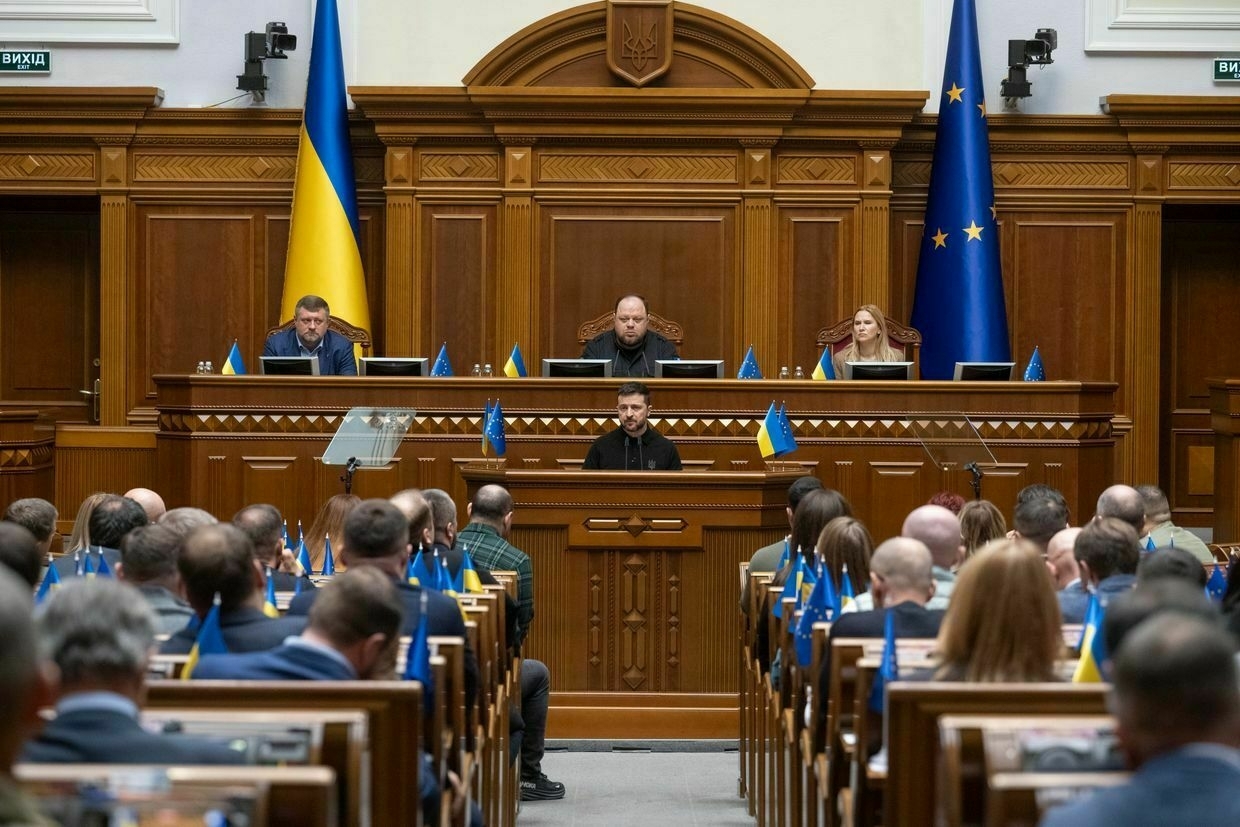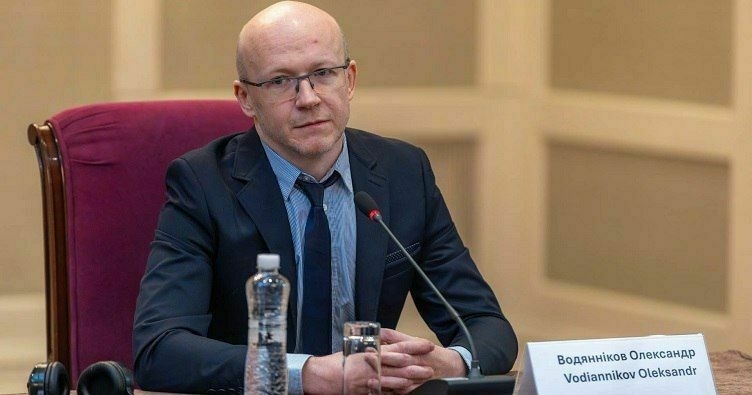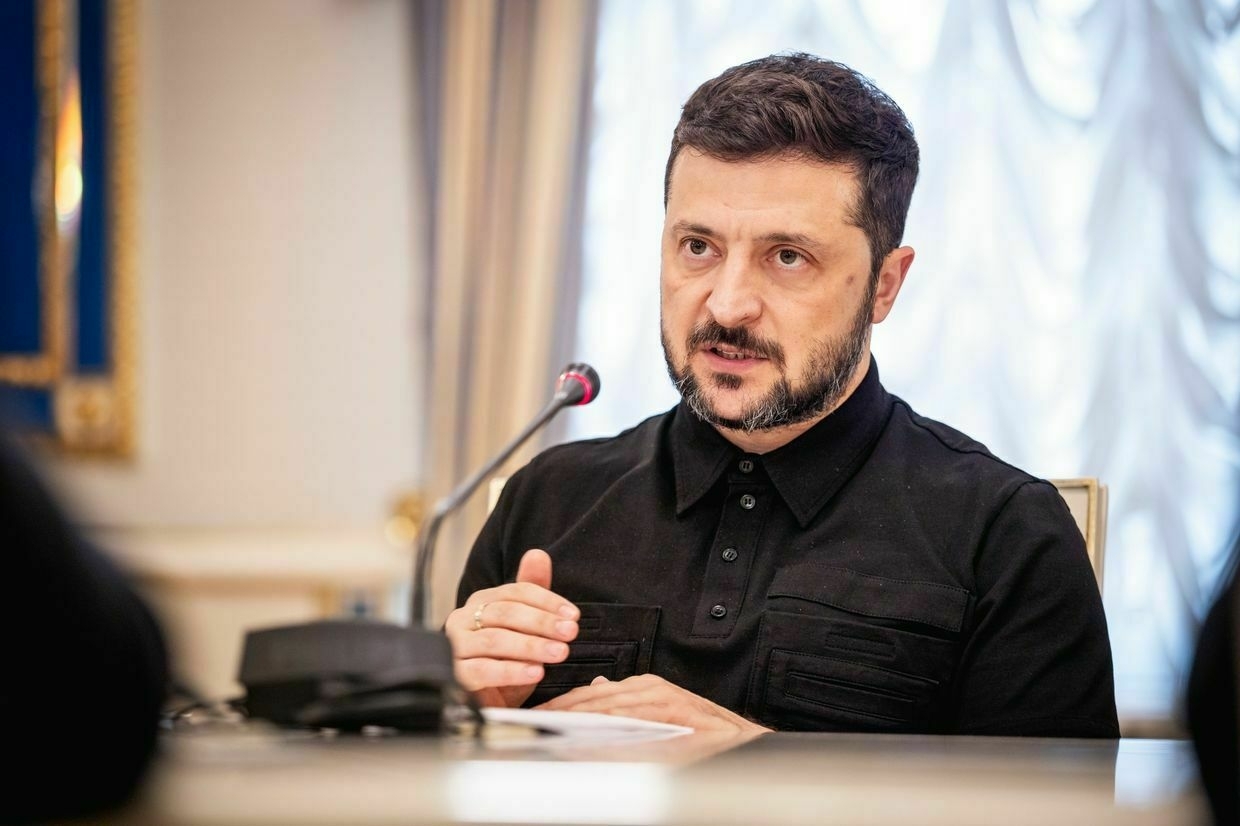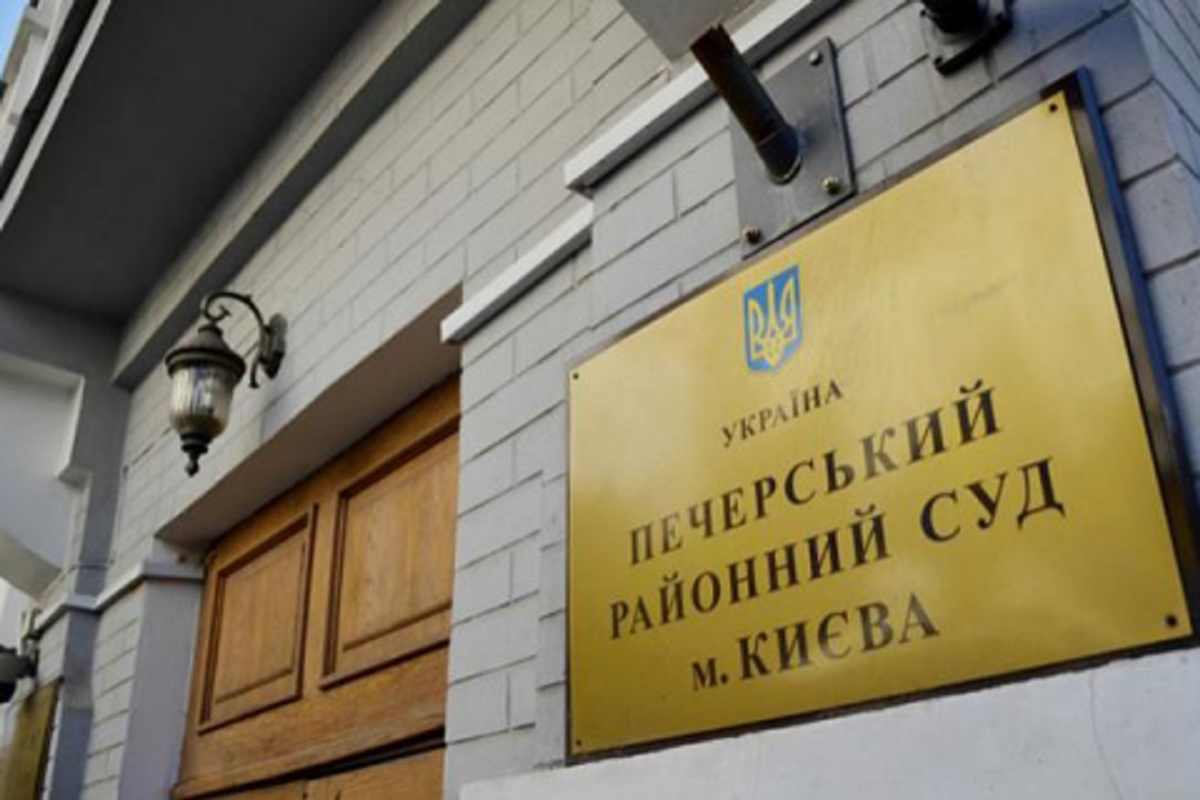
As Ukraine continues its path toward European integration while defending itself against Russian aggression, the strength of its democratic institutions remains paramount.
Among these institutions, the Constitutional Court plays a unique role in protecting citizens' rights and maintaining the rule of law.
Yet today, this crucial judicial body still lacks the judges needed for full functionality, with six out of 18 seats remaining vacant.
This situation, while concerning in any circumstances, takes on particular importance as Ukraine works to show its commitments as an EU candidate country.
 The Kyiv IndependentOleg Sukhov
The Kyiv IndependentOleg Sukhov
The situation reached a tipping point in January 2025 when three Constitutional Court judges completed their terms. For five months, the court lacked the quorum necessary for its Grand Chamber sessions, which required the presence of 12 judges and at least 10 votes to adopt decisions.
On June 28, President Volodymyr Zelensky appointed Oleksandr Vodiannikov, former coordinator of OSCE projects in Ukraine, as a judge of the Constitutional Court. Formally, it restored the quorum, but the underlying problem of the lack of judges remains unsolved.
The reform of the Constitutional Court is among the biggest challenges the country is facing.
The urgency became undeniable in 2020, when the court effectively dismantled a key anti-corruption reform, overturning the electronic asset declaration system. This crisis prompted the Venice Commission to recommend depoliticizing the judge selection process.
However, real momentum to reform the tainted court emerged only in the summer of 2022, when the European Commission identified the Constitutional Court reform as the primary condition for opening EU membership negotiations. It became the first of the seven key requirements for maintaining Ukraine’s candidate status. This external pressure pushed the needle, something domestic activists couldn’t achieve alone.
In response, Ukraine adopted legislation on July 27, 2023, introducing a competitive selection process for Constitutional Court judges through the Advisory Group of Experts (AGE).
This new body, where international experts nominated by partner countries held decisive influence, was designed to ensure that candidates meet the high moral standards and professional competence required by the constitution.
The Constitutional Court reform was not just another bullet point on a checklist, it was identified as the foremost priority among the seven key requirements for EU candidacy.
The AGE, formally established in October 2023, initially showed promising results. It successfully vetted candidates, rejecting those with questionable political affiliations who failed to meet the required moral standards.
In 2024, this process led to the appointment of two new judges, Alla Oliynyk and Serhiy Riznyk, by the Congress of Judges and parliament, respectively. These appointments were a sign of hope that the Constitutional Court would finally consist of truly independent judges.
Then, progress stalled.
Three months ago, in February 2025, the AGE submitted lists of recommended candidates to both parliament and the president for their respective appointment quotas.
Both largely ignored the advisory group's recommendation.
While Zelensky has now made one appointment with Vodiannikov on June 28, additional appointments from both the president and parliament remain pending.

The president has established an additional commission to re-verify candidates, which has already recommended three candidates for appointment. With one presidential appointment now made, one more appointment from the president remains necessary. At the same time, Vodyannikov's appointment demonstrates that progress is possible when political will exists.
This paralysis sends a troubling signal about Ukraine's commitment to European integration.
The Constitutional Court reform was not just another bullet point on a checklist, it was identified as the foremost priority among the seven key requirements for EU candidacy. By failing to implement this reform in practice, Ukraine risks undermining its credibility with European partners who have invested significant political capital in supporting Ukraine's membership bid.
This sends a particularly damaging message, given the current geopolitical context. While Ukrainian soldiers defend European values on the battlefield, the failure to appoint Constitutional Court judges suggests that the political elite may not be equally committed to defending those values through institutional reform.
This disconnect between wartime sacrifice and peacetime governance could prove costly for Ukraine's European aspirations.
The solution is straightforward: Parliament and the president must immediately appoint the vetted candidates recommended by the AGE.

This is not a complex legislative challenge requiring months of preparation, it is a simple matter of political will. The candidates have been thoroughly vetted by a process that Ukraine itself designed to meet European standards. Further delay only deepens the damage to Ukraine's international standing.
Completing these appointments would demonstrate that Ukraine's commitment to EU integration extends beyond rhetoric to concrete action. It would show that even during wartime, Ukraine can maintain and strengthen its democratic institutions. This is precisely the resilience and determination that will secure European support for Ukraine's membership bid.
Ukraine cannot afford to leave its Constitutional Court in limbo with a limited quorum. Every day without a functioning Court would be a day when citizens' constitutional rights go unprotected and when crucial wartime decisions would lack proper constitutional review.
Beyond these immediate concerns, however, there is a deeper question: Can Ukraine demonstrate the institutional maturity required for EU membership?
The appointment of Constitutional Court judges has become a litmus test for Ukraine's European future. It is time for Ukraine's political leadership to pass this test by completing the appointments without further delay.
The technical work is done, the candidates are ready, and the only missing element is the political decision. By taking this step, Ukraine would not only fill in the vacancies within the Constitutional Court but also reaffirm its unwavering commitment to the European path, proving that even in the darkest hours of war, Ukraine remains dedicated to building a democratic, law-binding state worthy of EU membership.
 The Kyiv IndependentOleg Sukhov
The Kyiv IndependentOleg Sukhov
Editor’s Note: The opinions expressed in the op-ed section are those of the authors and do not purport to reflect the views of the Kyiv Independent.
